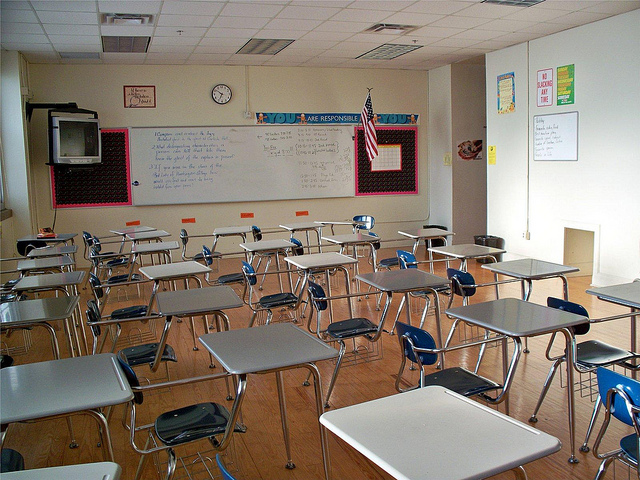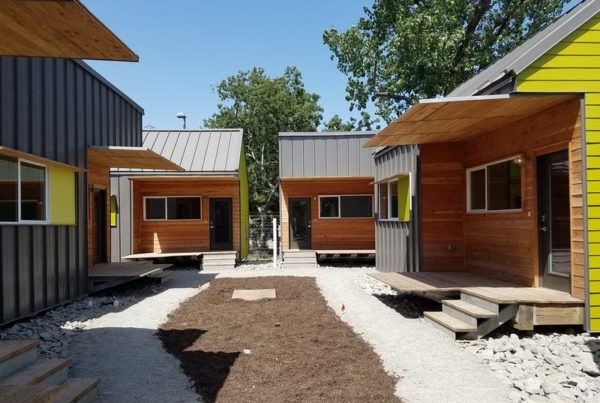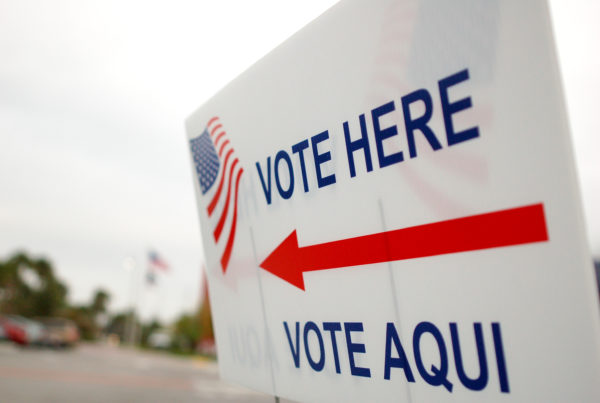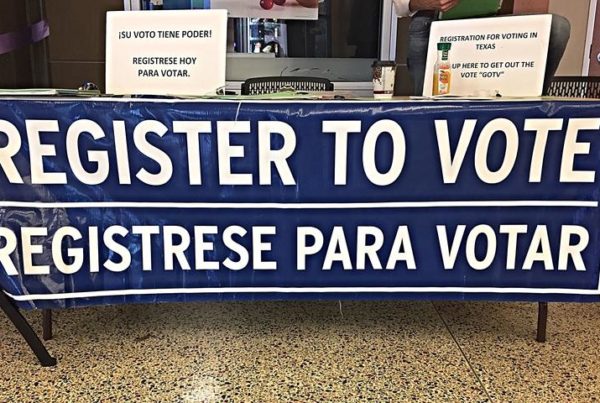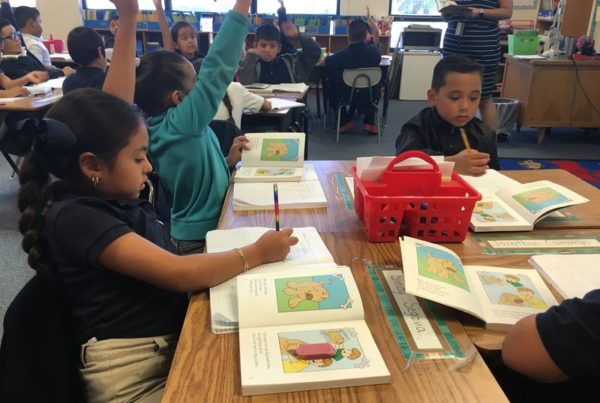From Houston Public Media:
Last week, federal authorities ordered Texas to end its arbitrary benchmark for special education, unless state officials can show no child has been denied services.
Some state lawmakers want to take further steps to eliminate the target, which has drastically limited the number of special ed students in public schools.
“I plan on having a piece of legislation that pretty much says that the TEA (Texas Education Agency) and the school districts are not allowed by law to have any kind of set caps or limits on special education,” said state Rep. Gene Wu, D-Houston. “It’s just, ‘You may not do it.’”
Federal law requires public schools to provide specialized education to all eligible students with any type of disability, and the U.S. Department of Education has put Texas officials on notice for its 12-year-old target.
But some lawmakers want to make sure it doesn’t happen again. Many didn’t know children with disabilities could be denied services until a Houston Chronicle investigation. That’s how Wu found out.
“I was enraged — I almost threw something at my monitor,” he said.
The state’s de facto limit pressures school districts to enroll only 8.5 percent of their students in special ed. The national average is 13 percent.
Besides a ban on a benchmark, lawmakers could also require more public scrutiny when the TEA creates rules.
Texas Education Commissioner Mike Morath has said that they’re conducting an internal probe. But state Sen. Jose Rodriguez, D-El Paso, doesn’t want to wait for the agency to make its own changes.
“My understanding is that they’re not going to be getting around to it until the spring of 2017 when the session is well under way,” Rodriguez said.
Rodriguez said that children need services sooner rather than later.
“This isn’t just an issue of getting these services to these kids. This is also an issue of civil rights,” he added.
New state laws would be a good step forward, according to Dustin Rynders. He’s an attorney with Disability Rights Texas. But he says it will take more to change the culture in Texas schools.
“Educators have really gotten used to a system that discouraged evaluations and identification, so because of that, it’s going to require fresh steps and additional steps to make sure that schools are identifying students who need services,” Rynders said.
He estimates that hundreds of thousands of children with disabilities have missed out on the kind of education they need and deserve.


